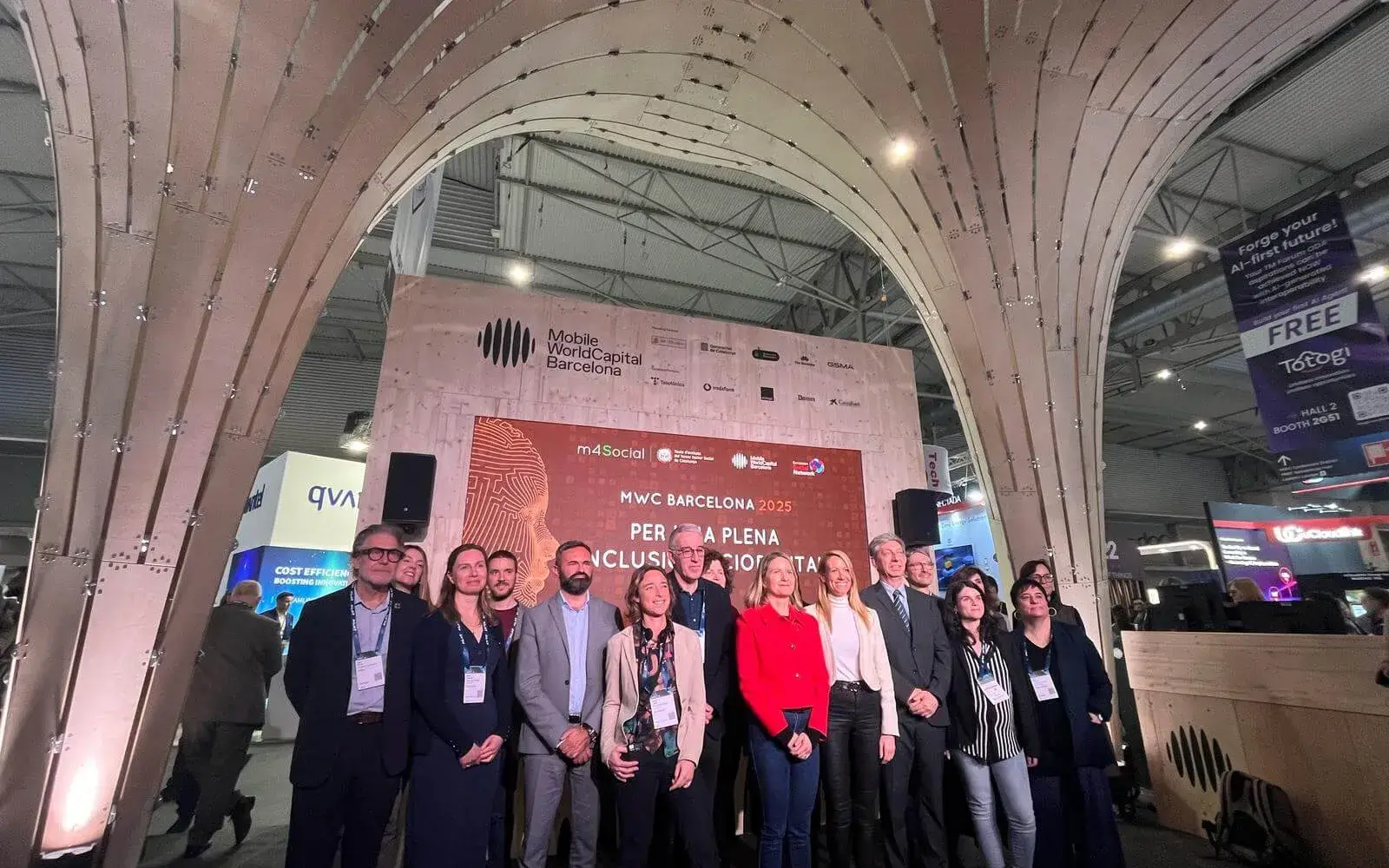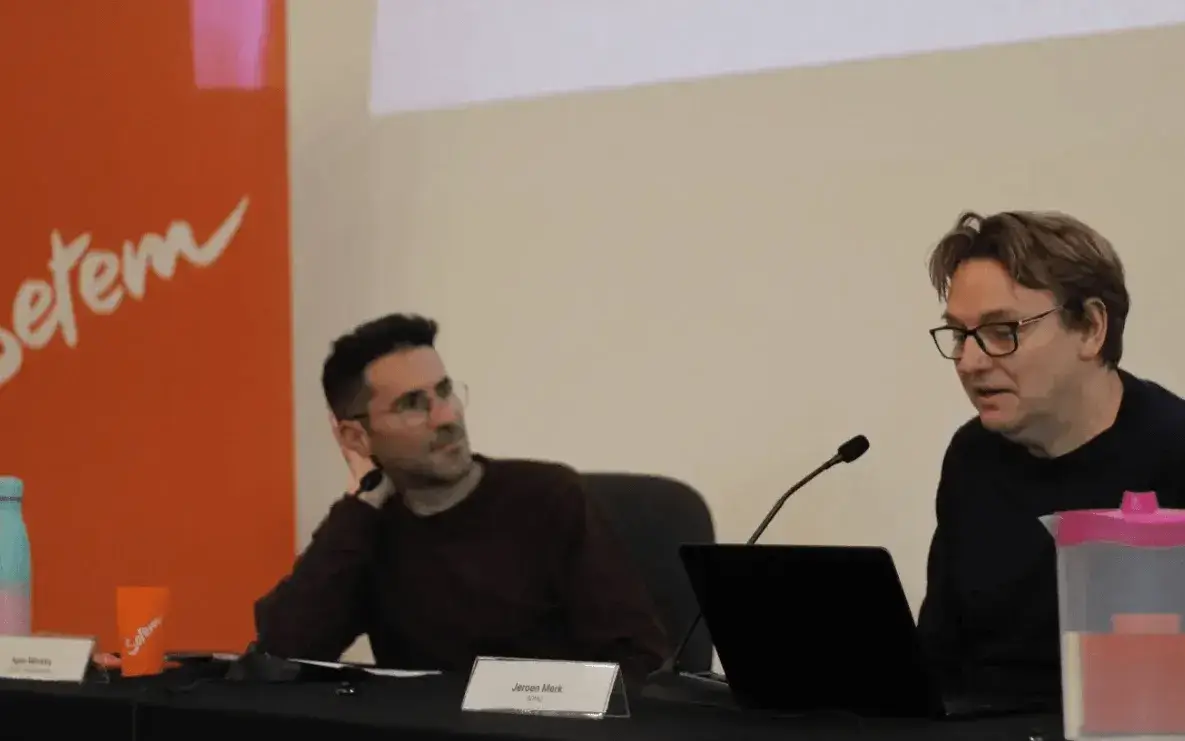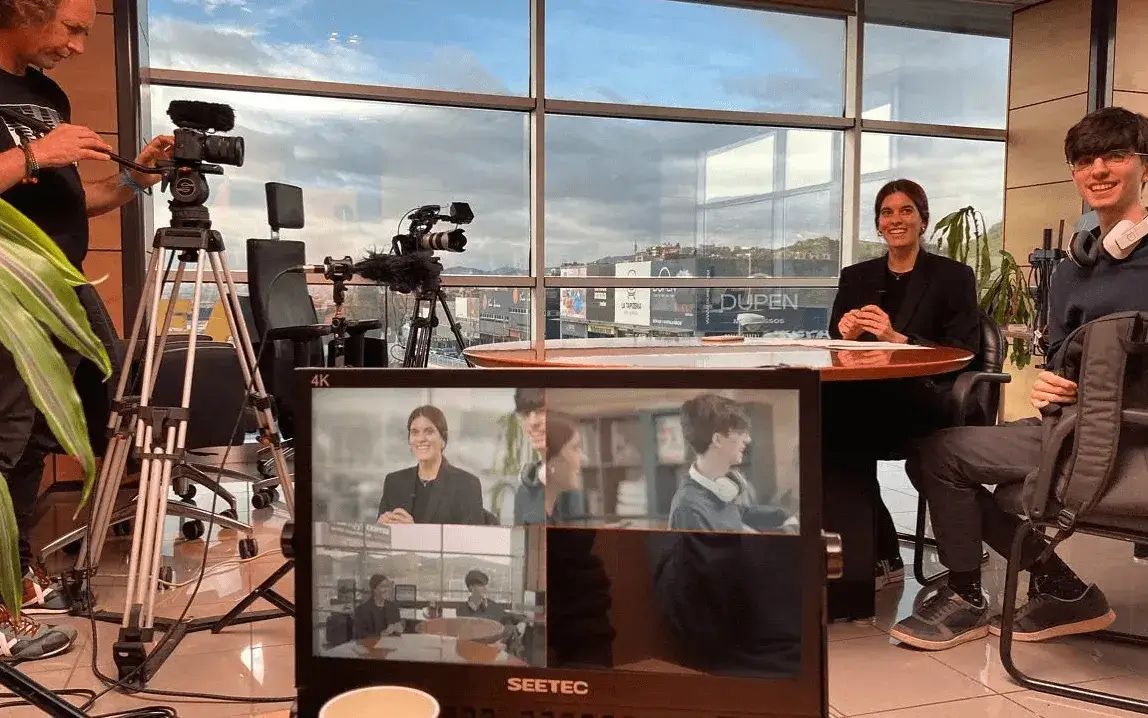Özgun Babu: "Digitalization has brought us new challenges, especially for low-skilled unemployed people"
FACEPA participa en el proyecto europeo Motiv-action que tiene como objetivo incorporar la digitalización a los procesos de inserción laboral.
The Federation of Cultural and Educational Associations of Adults ( FACEPA ) ends this June its first participation in the European project Motiv-action , coordinated by the Swedish organization called IGITEGO .
Motiv-action seeks to create new job opportunities for low-skilled adults who are in the process of looking for work , as well as to improve digital job guidance services across Europe. The project is made up of ten partners from nine countries across the continent and has the participation of a number of adult education organizations and employment agencies.
To find out about Motiv-action we spoke with its manager in Catalonia and member of the Federation of Cultural and Educational Associations of Adult Persons, Özgun Babu .
What does the Motiv-action project consist of?
The main objective of the project is to provide an online training program to inspire professional guidance teams to include digital technologies in their daily lives and make low-skilled unemployed adults more independent in their job search .
The courses that are available online fall into three categories: user skills , organizational skills , and planning skills . The main objective of these trainings is to make known the different existing tools and teach how to use them. It is a free program that exists in nine languages and is accessible to everyone.
How did the Motiv-action initiative come about?
Digitization has brought us new challenges, especially for low-skilled unemployed people, who have to navigate the vast sea of online platforms. The need to have the most useful tools gathered in one place , with easy and free access, gave rise to the initiative to create this project.
In addition, the job search process also involves the professional guidance team . Digitized environments also reach this group of professionals, so giving them more information on how to include digital technologies in their day-to-day life is another goal of this project. The purpose is to collect all useful information for these two target groups and create an easy-to-navigate platform.
"In order to integrate low-skilled unemployed people into society, you need to give them the opportunity to connect with other people and participate in different events in their neighborhood, for example."
How do you get involved from FACEPA?
At FACEPA we are one of the nine partners of the project and have been involved in different Motiv-action processes, from creating the content for the MOOC course , to ensuring the translation of the content into Spanish, through to implementing the course for the participants of Spain and write policy recommendations from a national perspective, among others.
FACEPA has had its own participants in the initiative who were part of the implementation of the course, in addition to being represented in all the transnational meetings of the project to be able to contribute our point of view.
What challenges do low-skilled unemployed people face?
Some of the main challenges are, for example, knowing which platforms can be useful for your job search process, how to navigate these online platforms, language barriers , how to write an application letter or a CV , etc.
Is there a profile of an unemployed person with low qualifications?
The profiles of low-skilled adults looking for work can be very different. Many of these people with whom we work as part of this project had a history of migration and, therefore, the level of compression and expression in Spanish and Catalan was different in each case. In addition, the vast majority had no higher education than basic education. Age also varied greatly depending on the case. The participants were between twenty and sixty years old and all came from socially disadvantaged groups.
What should be done socially to integrate this population group?
It is important to give them access to education , for example to language or technology classes . However, it is equally important to introduce them to the different platforms that exist, in this case, to look for work, since they often do not have sufficient knowledge of the existing forms and platforms in which they can get a job.
Another important aspect to be able to better integrate them into society is to give them the opportunity to connect with other people and participate in different events in their neighborhood, for example. The more knowledge and awareness they have, the easier it will be to promote better integration.
The project also wants to help trainers in adult schools. What resources do they need?
As they are working weekly directly with unemployed people, they are helping to create their study plans , so we think it is very important to include this group in the project.
We believe it is important to include digital technologies in their daily practices, improving their skills in information and communication technologies and increasing their ability to use multi-channel approaches while personalizing the guidance process. In short, to support adult users in understanding how to become more autonomous in the job search process, thanks to a more conscious and self-aware use of digital technologies .
Tell us about the MOOC platform you created as part of the project. That is?
It is an online platform , free and open to everyone. The course exists in nine different European languages and, as we mentioned before, is divided into three parts: user skills, orientation skills and planning skills.
Each part consists of three or four videos that last between nine and fifteen minutes. At the end of each video, there are questions to verify the knowledge acquired after receiving all the information. When the entire course is completed, you get a digital certificate.
Within Motiv-action you did a pilot course. What was the answer?
We implemented the pilot course in two different locations. The first place was with a group of participants at the adult school in La Verneda , and the second in a tutoring course offered by the Drom Kotar Mestipen association to gypsy women.
The feedback we received was quite different from each other. The most positive ones came from the women who did it during the instructors' courses. This could be due to their higher level of Spanish and the fact that they feel more comfortable using a computer. Feedback from the adult school was generally not overly positive, although the content was considered useful. The part explaining how to create a resume was one of the most popular videos.
Where is the project going, for now?
We are at the end of the project, and the purpose is to continue spreading the MOOC course so that more people can use it. The platform will be operating for at least another five years. The course will be open access and anyone can use it for their personal needs.







Add new comment